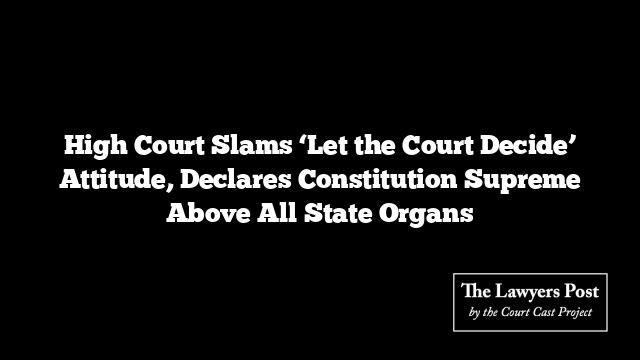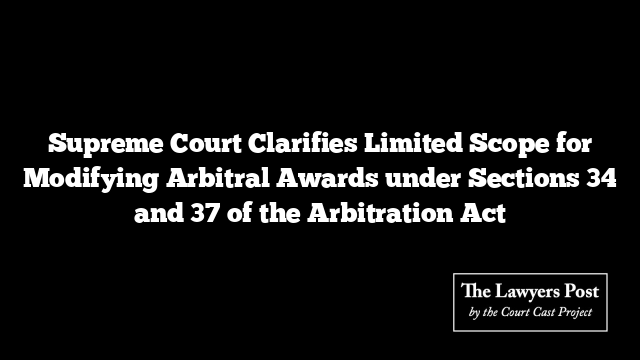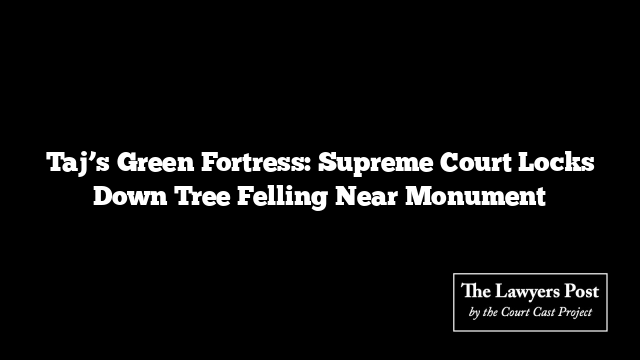In a striking rebuke of administrative apathy, the Punjab and Haryana High Court has declared that the Indian Constitution reigns supreme over all three branches of the State—Judiciary, Legislature, and Executive—reminding them that none enjoys superiority over the others.
The observation came as the Court ruled on a batch of petitions involving disciplinary actions against employees of Haryana’s power utilities. Justice Jasgurpreet Singh Puri, who authored the judgment, underscored that in a vibrant democracy, power is not a hierarchy among the three arms of the State, but a balance maintained by the Constitution.
“Law and society are not static—they evolve,” the Court observed. Citing the British example of judge-made administrative law despite the absence of a written constitution, the Court asserted that in India, the real supremacy lies not with any organ of the State but with the Constitution itself.
But the bench’s message didn’t stop at high ideals. It sharply criticized what it called a growing “let the Court decide syndrome” among public sector units and administrative authorities. Instead of shouldering their legal responsibilities, these authorities pass questionable orders and dump the consequences onto the judiciary.
The Court noted that this abdication of duty—especially in service matters—has led to a “manifold increase” in litigation, all of which consumes precious judicial time that could be better spent elsewhere. This pattern, it said, is often caused by a glaring lack of understanding of administrative law among decision-makers.
To fix this, the Court didn’t mince words: it directed the Union government to strengthen administrative law education in civil services training, including at Mussoorie’s Lal Bahadur Shastri National Academy. It recommended not just one-time sessions, but continuous education through regular refresher courses. Faculty should include seasoned legal professionals and scholars, the Court advised.
In addition to policy-level interventions, the Court also issued a detailed set of instructions aimed at curbing administrative laziness and unlawful orders:
- Only the authority legally empowered to decide a matter may do so—no delegation-by-memo is allowed.
- Any order passed by a subordinate officer citing approval from a higher, authorized official—without that official actually deciding—is invalid.
- Orders passed in a perfunctory fashion, such as one-liners scribbled in a file or on a noting sheet, violate the Constitution’s guarantee of equality under Article 14.
- Decisions that rely on copy-pasting previous orders with just names or dates changed are not just lazy—they are illegal, arbitrary, and without application of mind.
As a consequence of the poor conduct by the power utilities involved, the Court took an environmental route to accountability. It ordered that a total of 50,000 trees be planted across Haryana within six months—30,000 by Uttar Haryana Bijli Vitran Nigam Ltd (UHBVNL), and 10,000 each by Dakshin Haryana Bijli Vitran Nigam Ltd (DHBVNL) and Haryana Vidyut Prasaran Nigam Ltd (HVPNL). The trees, the Court emphasized, should preferably be of medicinal value.
In sum, the High Court not only addressed the systemic lapse in legal responsibility but also handed down a green verdict—an unusual but symbolic way of holding erring public bodies accountable for avoidable litigation and bureaucratic inertia.





